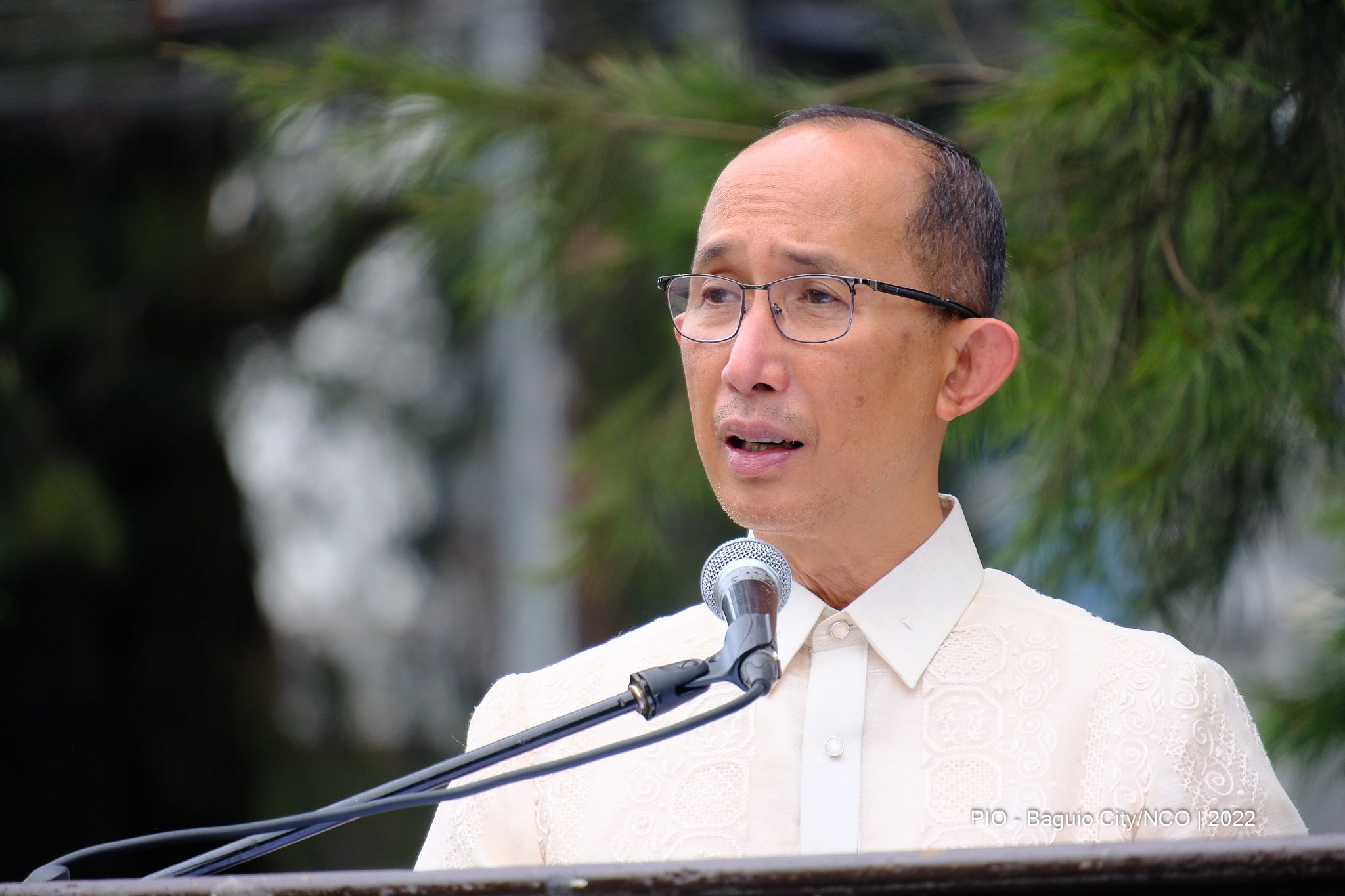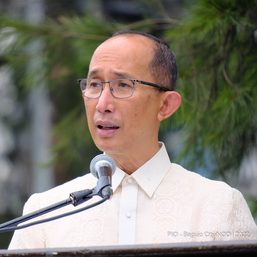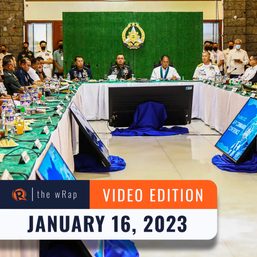SUMMARY
This is AI generated summarization, which may have errors. For context, always refer to the full article.

BAGUIO CITY, Philippines – Baguio Mayor Benjamin Magalong admitted during a public forum Tuesday, February 28, he has joined the call for a review of the revised Baguio City charter, agreeing with some sectors that described it as “problematic.”
“I finally realized. Totoo nga. I would readily admit na kulang. Kumbaga minadali. So we need to revisit our city charter. I can see that there are still infirmities,” Magalong said.
(“I finally realized. It’s true. I would readily admit that it is lacking, as if it was rushed. So we need to revisit our city charter. I can see that there are still infirmities.”)
Magalong credited Vice Mayor Faustino Olowan and Councilor Jose Molintas for enlightening him on the issues with the revised charter.
The mayor admitted he was partly to blame because he did not engage more people when city charter was being revised in 2022.
Republic Act 11689, which revises and fine-tunes the charter of Baguio, was passed in the 18th Congress of the Philippines during the term of former president Rodrigo Duterte.
However, members of the Baguio City Council have raised opposition to the revised charter since the beginning. They even passed a resolution asking Duterte to veto the law when it was still House Bill 8882 authored by Baguio Representative Mark Go. But their moves went to no avail as the submitted bill lapsed into a law 30 days after it was received by the president.
Some of the considered gains of the new charter were the requiring an indigenous peoples mandatory representative (IPMR) to the city; and the exclusion of unoccupied alienable lands “between roads and lands adjoining legal easements from creeks and rivers” from sale.
Among the concerns were the ambiguity of the city’s borders because the new charter does not account for land disputes with neighboring municipalities; redirecting sales revenues to the national government instead of the City Treasurer’s Office (CTO); the lack of support for the 19 conditions imposed by the city government in the master development plan of Camp John Hay (CJH) required of the Bases Conversion Development Authority (BCDA; and the discrepancy between the borders of CJH in the Bases Conversion Development Act of 1992 and the new city charter.
The city charter also explicitly states that the CJH reservation is not part of the Baguio townsite reservation, which the council said undermines the conditiosn set by BCDA. Among the conditions is the ongoing effort to segregate the 13 Baguio barangays from CJH. The snail’s pace work on this segregation has taken almost 3 decades and has been blamed on the bureaucracy
“The slow progress, slow development, and slow response to our needs is becoming frustrating,” Magalong said.
“We have one voice and are united when it comes to our claims. But the big question is, are we also ready to really take over all these properties and create livable communities through efficient urban planning?” the mayor added.
The revised charter only provides for the city’s current borders as held prior to the revision. It does not define it nor provide any resolution to the territorial disputes with neighboring towns.
Last year in December, the city’s Committee on Laws, Human Rights, and Justice opened a review process for the new charter. It started with an information campaign initiated by Councilor Peter Fianza to apprise various stakeholders in the city, including members of the Integrated Bar of the Philippines, barangay officials, indigenous peoples groups in the city, and the academe.
Public consultations have been included as part of the information campaign.
The city council and Magalong are also planning for a plebiscite for the “substantial” revisions.
Molintas said during the forum that from the start, the crafting of the laws should have involved the grassroots, something that he said the revision failed to achieve.
“Dura lex sed lex. The law is harsh but it is the law. But I only believe in this principle if it’s the people who made the law… My advocacy is, let us question the law because it was not we who made it,” Molintas said. – Rappler.com
Angel Castillo is an Aries Rufo Journalism Fellow.
Add a comment
How does this make you feel?


There are no comments yet. Add your comment to start the conversation.